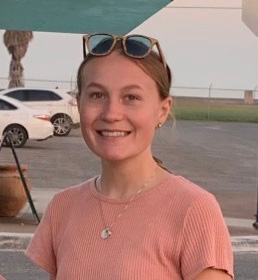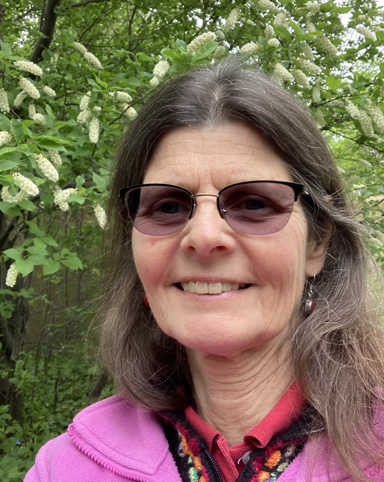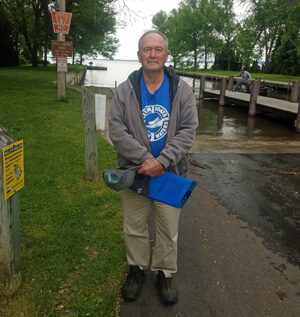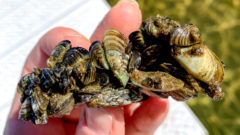Show Me That Mussel!
Invasive vs Native Mussels: What's the Difference? When you work in the realm of invasive species, your first thought when hearing the word mussel is "uh-oh". You start thinking, "Ok, which one? Zebra mussel or Quagga mussel?". But then you remember that there's a whole different kind of mussel; Wisconsin's native freshwater mussels. These [...]
The post Show Me That Mussel! appeared first on Fox-Wolf Watershed Alliance.
Fox-Wolf Watershed Alliance
https://fwwa.org/2025/11/12/show-me-that-mussel/?utm_source=rss&utm_medium=rss&utm_campaign=show-me-that-mussel

 Winnebago. Since then, the
Winnebago. Since then, the 
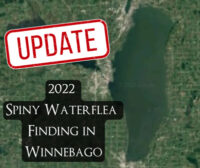 been laid in the sediment of the lake. Following analysis of the samples collected, we are please to report that no evidence of spiny waterflea were found which includes not finding any eggs!
been laid in the sediment of the lake. Following analysis of the samples collected, we are please to report that no evidence of spiny waterflea were found which includes not finding any eggs!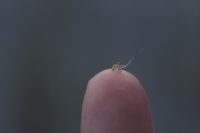
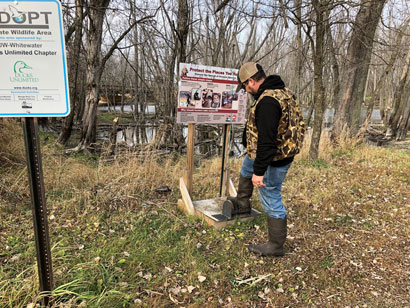

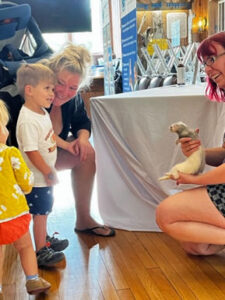
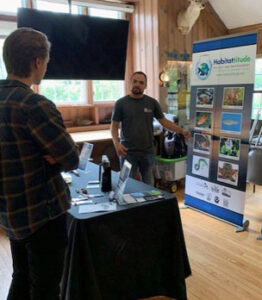 and the environment. Pet Surrender events are now being held across Wisconsin help provide an avenue to pet owners to rehome pets without harming the pet or the environment.
and the environment. Pet Surrender events are now being held across Wisconsin help provide an avenue to pet owners to rehome pets without harming the pet or the environment.
